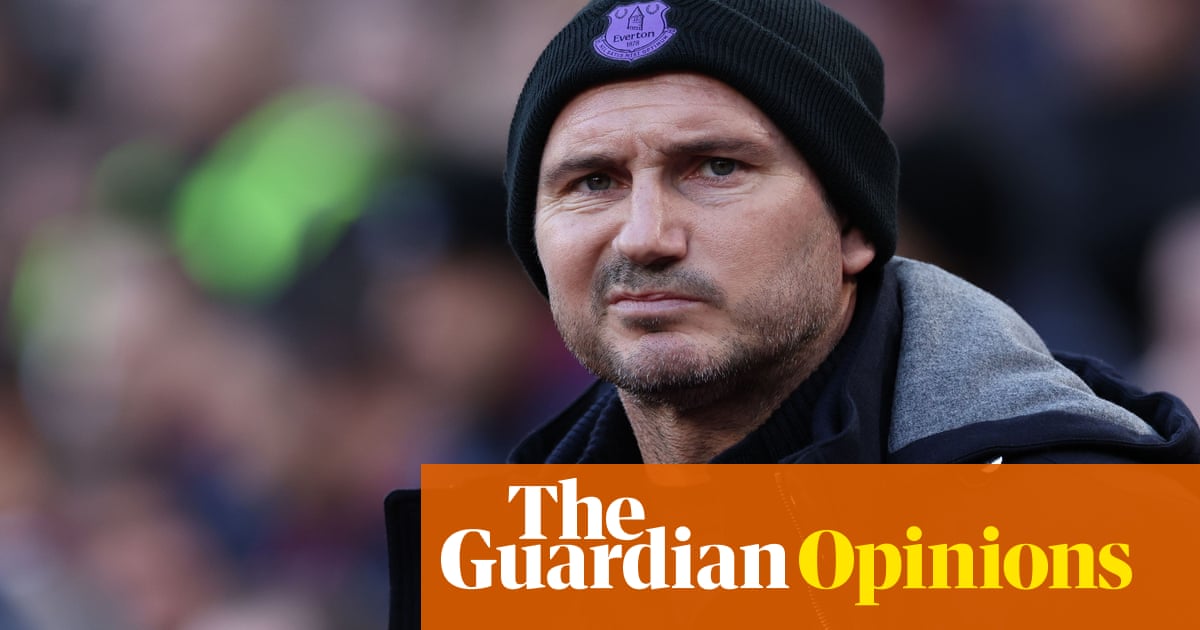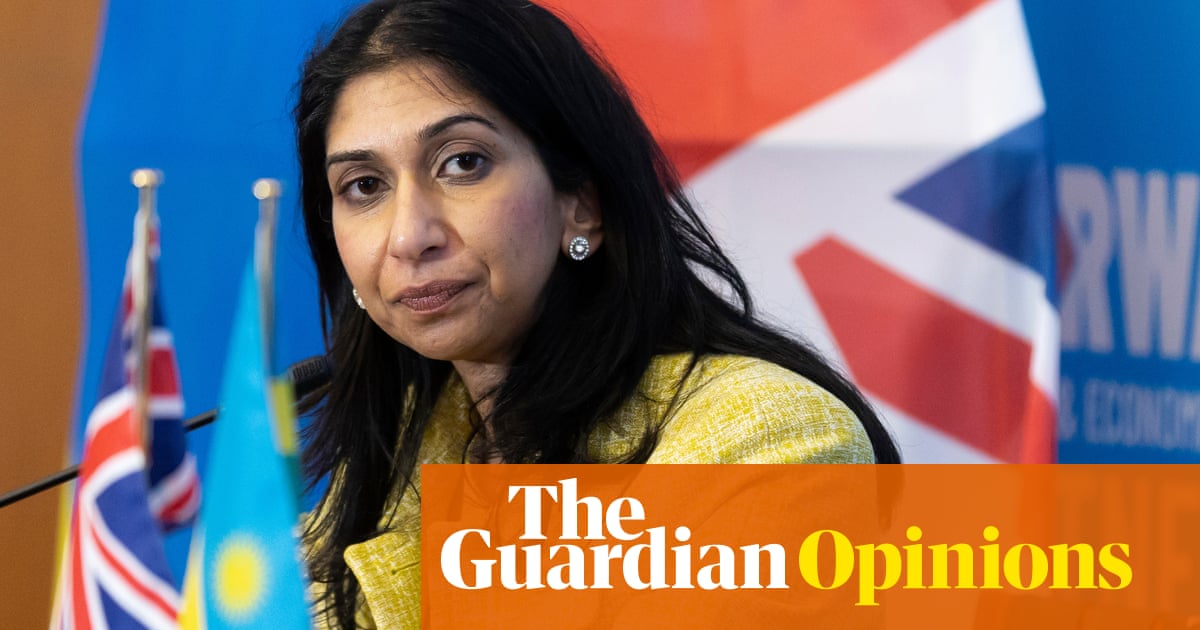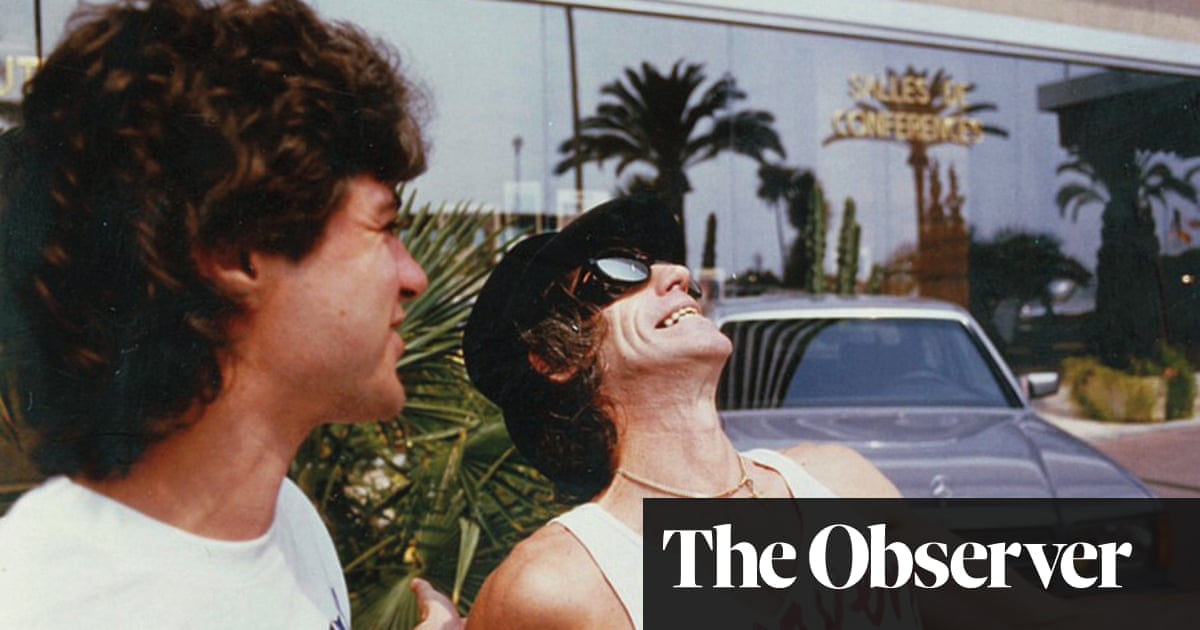
The beanie hat was the real giveaway. Frank doesn’t wear a beanie hat. This is the same Frank Lampard who drew awed gasps from his fellow West Ham youth players at his vast and immaculate wardrobe crammed full of Ralph Lauren jumpers. Frank is sharp. Frank carries himself right. Frank understands projection, image, display. Frank understands about not wearing a beanie.
And yet Lampard did wear a beanie, lurking like a dispirited hiker on the London Stadium touchline through the 2-0 defeat that would prove to be his last engagement as manager of Everton.
In keeping with the club’s current reputation for administrative competence Everton were slow to announce, officially, his departure on Monday. But Lampard seemed to know even as his team were busy losing in east London; from the decision to leave his two key attacking signings on the bench through a painful second half; to the weirdly opaque comments after the game that seemed to suggest not only did Lampard not fear the sack, he refused to even think about it, a man so used to distancing himself from the failings of his own team, he can even distance himself from his own imminent sacking.
As the club’s board begins the process of appointing a seventh manager in six years, three things seem certain. First, if you’re appointing a seventh manager in six years, well, this is a pretty strong indication that – hang on – you might actually be the problem here.
Second, this is clearly the correct decision all the same. There has been a repeated suggestion that what Everton really need to do is rid themselves of an incompetent board; that sacking the manager will not solve this larger problem. But two things can be true at the same time. The board’s failings don’t mean Lampard gets a free pass.
Has any Premier League manager made a better case for their own defenestration in recent years? Everton haven’t just been losing games but losing against the teams around them on the current hyper-toxic run of eight defeats and two draws in the past 10. And at the very least the Lampard Question has perhaps been settled here.
His appointment at Derby seemed to spring out of a star-struck chairman and his uncle Harry’s habit of ringing people up and telling them to give his nephew a gig. Club legend status got him the Chelsea job, and plenty of rope as Roman Abramovich lost interest. At Everton his record has been what you might expect of a bright and hyper-confident star name who is basically unqualified for the role.
Lampard’s old pals in the media will complain that he has no goalscorers at the club, but then he also oversaw the signing of Neal Maupay, Dwight McNeil and Dele Alli, players you might consciously pick out as a top three of non-scoring Premier League attackers.
His Everton never really settled on a system, a coherent pattern of play, or anything that resembled a micro-grasp of modern tactics. Lampard challenged his players to “show some balls” and it seemed to work for a bit. Lampard attempted to fix his team’s vulnerability to the counterattack, or indeed simply to attack, by signing defenders who hurl themselves in front of shots a lot, and it seemed to work for a bit.
But then Lampard also danced around the pitch after rescuing the club from a relegation battle partly of his own making, and that did definitely cheer everyone up quite a lot. And this is by some distance the most interesting thing about his time at Everton. The club may be in a state of mild chaos, but the manager will still leave with the good wishes of much of the support, widely liked for his bravado and charisma; seen, if anything, as a piece of light relief in dark times.
Everton 2023 are significant in many ways. Here is a football club where the fans are not demanding trophies or calling for the manager’s head, where the owner isn’t sluicing money out of the club, or waving it around as a public relations accessory. In fact Farhad Moshiri has spent £500m in pursuit of success, while also underwriting the move to a new stadium.
The real problem is simply that Moshiri and his board are extremely bad at running a football club. Incoherent ambition has been the key flaw. Here is a club that has somehow managed to run out of gas while operating in the most jazzed and hyped and cash-drenched sporting league ever devised, a collapse that has its roots in four years of laughably scattergun spending.
Looking back now at the ins and outs is like scanning the accounting statement of some disastrously collapsed Wall Street bank, assets burned on the doomed hedonism of high-priced squad filler. A hundred million on Cenk Tosun, Nikola Vlasic, Theo Walcott and Davy Klaassen. Ninety more on Moise Kean, Fabian Delph, André Gomes and Jean-Philippe Gbamin.
The 2021 “masterplan” brought a new austerity, Lampard as head coach and a continued downward spiral. It was reported in the summer Moshiri was willing to sell the club if a buyer meets his inflated price. What will he leave behind? Debts, incoherence and a club that never asked to be treated as an experiment in extravagant overspend, that never demanded success at all costs, and where the unrest of the past few months has felt like a protest against the strangeness of modern football, the disenfranchisement of supporters as these cherished community assets become avatars of investor ambition and the whims of another semi-competent billionaire.
Everton have enough quality players to escape relegation under a more competent manager. The deeper questions are unlikely to be answered by the current ownership.












